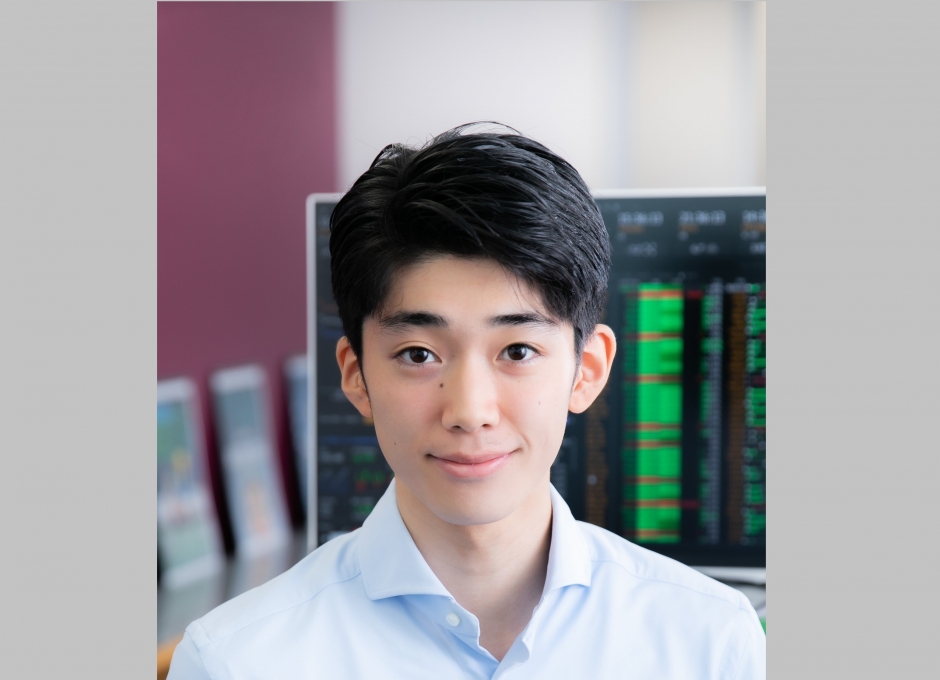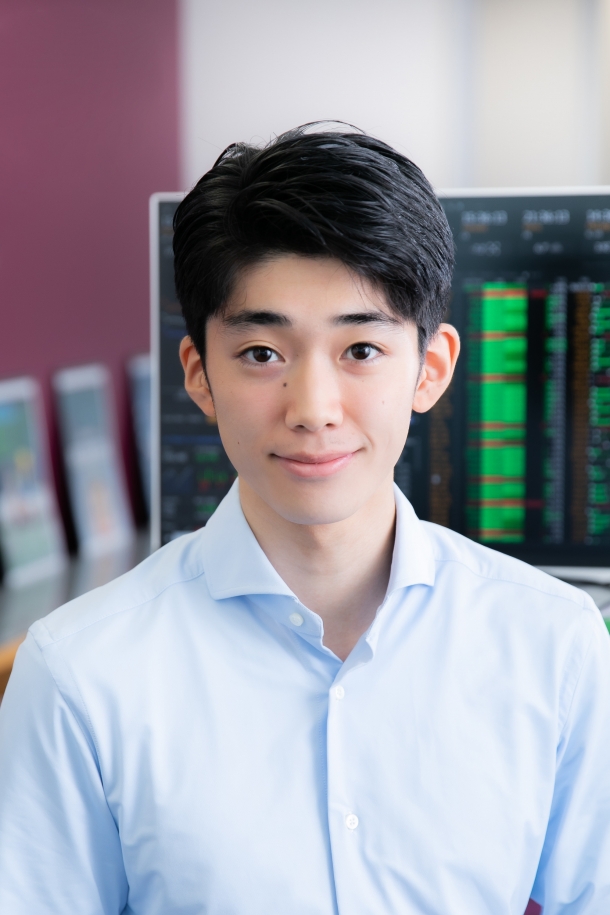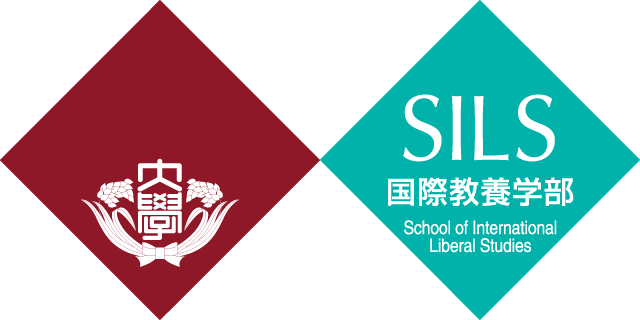- News
- 【Message from Graduates】KATAGIRI Masao: From SILS to the Global Market
【Message from Graduates】KATAGIRI Masao: From SILS to the Global Market

- Posted
- Thu, 23 May 2024

- Canadian Academy (Graduated in June, 2019)
- School of International Liberal Studies, Waseda University (Graduated in September, 2023)
- BofA Securities Japan Securities Company, Limited. (April, 2024~)
― Current Career
Hello, I am Masao, a 2023 graduate of SILS. I currently, work as a software developer in the financial industry at Bank of America Securities (BofA) in Tokyo, Japan. With the ever-changing financial markets and evolution of technology, one of the most important skills is to work at a global scale. SILS made me realize the importance of questioning, taking interdisciplinary approaches, and not shying away. To compete on a global stage, whether in the industry or academia, it is vital to show your presence, by asking questions or suggesting new ideas. At SILS you can gain similar experiences in a classroom setting, by discussing, questioning, and working with students across the world. Experiences that will help you in your career after graduation.
― SILS and a Career in Science
After graduating from SILS, if you are thinking of applying to overseas universities in the sciences or applying for a role at an IT company, it does not matter whether you have a Bachelor of Science or Arts, what matters are the courses you take. Although SILS is well renowned for its social arts, I also recommend the sciences that range from calculus, data science, and astrophysics. Other than the job offers, I was also accepted to a computer science program at Columbia University. For both overseas universities and job applications at foreign companies, the classes you take are important. At SILS you have the freedom to mold your course plan, according to your future interests, and take an interdisciplinary approach.
―The Strength of SILS
The international curriculum, classes, professors, and internships at SILS have helped me create the foundations to work in a global environment.
Firstly, the international curriculum is a major advantage if you want to work at a global company in Japan or study overseas. Almost all communication at foreign companies, even those between Japanese, is done in English. In terms of academia, most research papers are written and presented in English. At SILS you will have numerous opportunities to discuss, present, and debate with students and professors from across the world. The most important aspect is to not simply talk in English but to speak up, convey your thoughts with emotion, and present yourself in front of an international student body. So take the chance at SILS to network with colleagues from different countries, live in an international dorm, and ask unfamiliar concepts to your professors in English. The experiences you accumulate during your studies at SILS will help you compete on a global stage.
Secondly, the strength of SILS is the small class sizes and the chances to discuss with professors. For example, I took programming classes at SILS during my 2nd year, and because I loved programming, I constantly asked programming questions to my professor. Even if there are 100 other students my recommendation is to ask questions to your professors, because sometimes the questions you ask are the same questions that other people have (FYI 100 students are one of the more packed classes, usually the number of students ranges around 50). Thanks to the small class, my programming professor remembered me and I received research opportunities that helped in my applications. Also, as part of the Liberal Arts curriculum, it is encouraged to apply multidisciplinary knowledge. For instance, I would use the programming concepts I learned in my economics, and finance classes to analyze data efficiently and create visualizations automatically. Classes at SILS gave me the flexibility to look beyond what was taught in the classroom, taught me to combine multiple academic disciplines, such as using data science in finance, and made me realize how awesome the professors are at SILS!
The third strength of SILS is the professional and global professors. One of the first classes I took was an astrophysics class, and the professor who taught this class was Dean Inaba. After every class, I would drop by his office and ask questions not just from his astrophysics class, but also questions such as the evolution of machine learning. Even if the questions were unrelated to his class, he would still be passionate about discussing them with me. The professors at SILS are passionate not only in their subject matter of expertise but also in other academic disciplines, which is unique to SILS. Eventually, I would be inspired to join his advanced seminar in my 4th year and write a thesis on how machine learning could be used to predict a stock index. I believe the professors at SILS have an interdisciplinary mindset and are the perfect role models to learn from.
Finally, the internship opportunities are a chance to learn about real-world applications of the interdisciplinary knowledge learned at SILS and to work in a global environment. SILS provides internship opportunities, where you can work in a global setting, and applications are open twice a year during the spring and summer quarters (the available internship programs depend on the quarter). Also, the internship was useful in getting a foot in the industry and helped me receive future internships. The SILS internship is a great way to apply your international experiences, communication, and interdisciplinary approaches from SILS into the industry. Plus you can get course credits!
Reflecting on my 4 years at SILS, the international curriculum, classroom environment, professors, and internship opportunities gave me the confidence and skills to compete in a global setting.
―Message to those applying to SILS
My message is the following:
• If you want to receive a global education, while living in Tokyo, then SILS is perfect for you.
• Think of your career after graduating from SILS. Why not apply to global companies or overseas universities?
• Plan your 4 years at SILS, considering job hunting, internships and study abroad.
• Apply to internships at an early stage.
• Don’t be afraid to ask questions in front of everyone during class.
• Keep up your GPA, even during your university studies.
This content is as of the time of issuance.
- Tags
- Alumni Report General Voice
